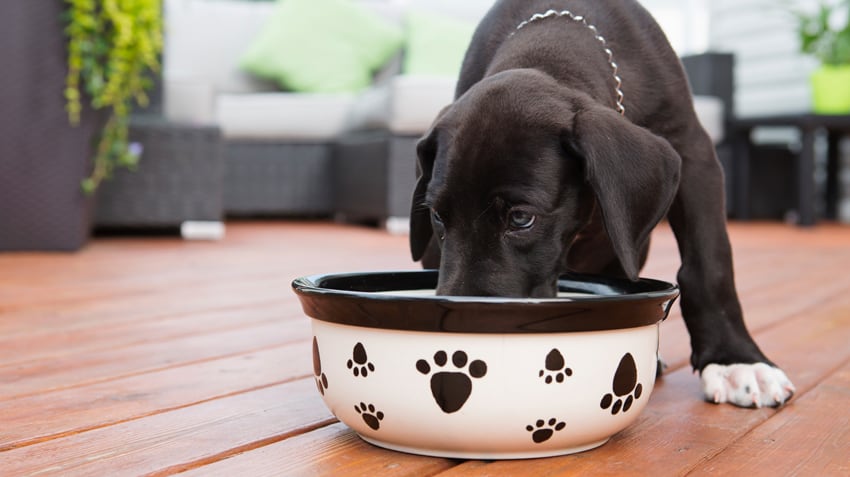As a pet owner, you want to make sure your furry friend is healthy, happy, and well-cared for. One of the most important factors in achieving this is proper nutrition. Just like humans, pets require a balanced diet to maintain good health and prevent disease.
The role of nutrition in pet health care cannot be overstated. A well-balanced diet provides essential nutrients, vitamins, and minerals that keep your pet’s body functioning at its best. It also helps to maintain a healthy weight and prevent obesity, which can lead to a host of health problems.
When it comes to choosing the right food for your pet, it’s important to consider their age, breed, and activity level. Puppies and kittens have different nutritional needs than adult pets, and active breeds may require more protein and calories to fuel their energy.
There are a few key nutrients that are especially important for pet health care. These include:
Protein: essential for muscle development and maintenance
Fatty Acids: important for skin and coat health, as well as cognitive function
Vitamins and Minerals: necessary for a variety of bodily functions, including bone health, immune system support, and energy production.
In addition to choosing the right food for your pet, it’s important to monitor their eating habits and adjust their diet as needed. Overfeeding can lead to obesity and other health issues, while underfeeding can cause malnutrition and weakness.
Regular visits to the veterinarian are also an important part of pet health care. Your vet can help you choose the best food for your pet’s needs and monitor their health over time. They may also recommend supplements or prescription diets for pets with specific health concerns.
In conclusion, nutrition plays a critical role in pet health care. By providing your pet with a balanced, nutritious diet and monitoring their eating habits, you can help them live a long and healthy life. Don’t hesitate to consult with your veterinarian for guidance on the best diet and feeding schedule for your furry friend.







